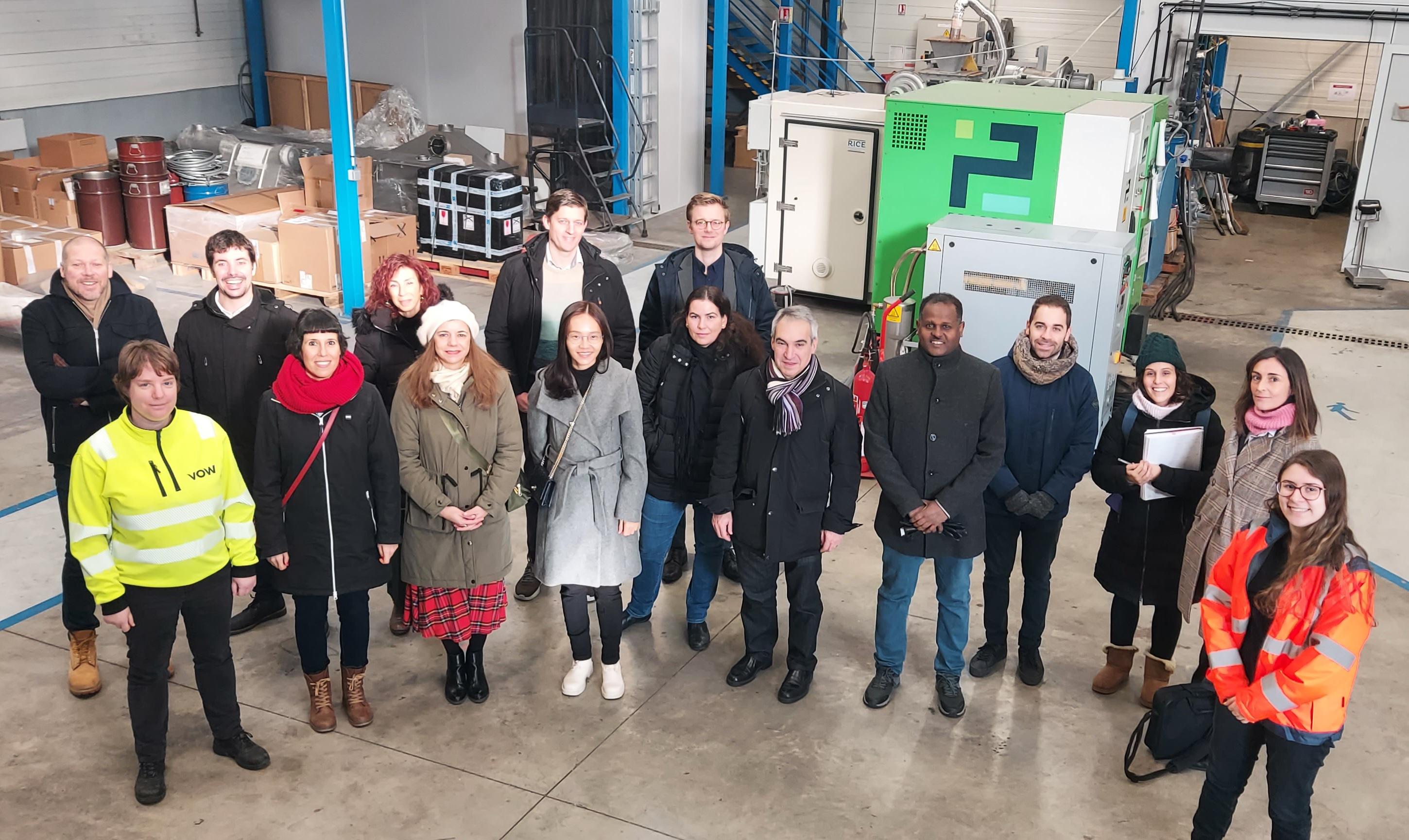The Plastics2Olefins project (Recycling plastic waste into high-value materials- Closing the Loop) was selected for the Horizon Europe under Framework Programme call HORIZON-CL4-2021-TWIN-TRANSITION-01-17: Plastic waste as a circular carbon feedstock for industry (Processes4Planet Partnership). Now the project is officially launched!
In line with the European Green Deal goals, the European Commission has set a concrete action plan to transform the European economy towards a sustainable and circular economy to become climate neutral by 2050 and to take global leadership in climate-friendly technologies. In this connection, one cross-cutting action plan to drive the transition is through research, innovation, and digitalization. Typically, one promising technology to recycle unsorted heterogeneous plastic waste is pyrolysis, i.e., the thermal degradation of plastic waste in the absence of oxygen.
Today, about 4-8% of annual global oil consumption is associated with plastics, according to the World Economic Forum. Plastics2Olefins aims to demonstrate a novel plastics recycling process based on high-temperature pyrolysis, as the main product will be a gas stream instead of a liquid, so it will reduce the lifecycle GHG emissions by more than 70% compared to existing plastics recycling processes for unsorted plastic waste. It also will reduce by more than 80% compared the current end-of-life options for these wastes, i.e., incineration.
The project will realize this in a two-step approach: first by adapting and testing a scaled pilot plant at Repsol Technology Lab to optimize the components and process conditions and finally, a pioneering full-scale industrial demonstration plant at Repsol’s petrochemical site, which will be finally operated in a six-months validation campaign. To optimize the carbon footprint of such a plant, the project will design and construct a plant that can be fully electrified by renewably generated electricity.
The project will validate TRL7 and aims to:
- Define an optimal pre-treatment process and heterogeneous plastics waste streams to ensure a high yield of olefins during production.
- Optimize the pyrolysis downstream process to achieve quality products and valorize the outputs in the different markets (circular plastic/textiles, low carbon footprint solid fuel).
- Design, build and run a demonstration plant for recycling of unsorted plastic waste at Repsol’s petrochemical site (Spain), which will run on 100% renewable (electric) energy and be digitalized to achieve system integration and optimization.
- Develop the concept for scalability and replicability of the technology in Europe and other geographic regions (ASEAN countries).
- Co-create replicable learning modules and train current and future workforce at the local and regional levels.
The project involved 13 partners from 7 different countries, for a 5-years project duration (2022-2027). Its total budget is EUR 33,258,033 and will receive funding from the EU of EUR 18,084,895.






